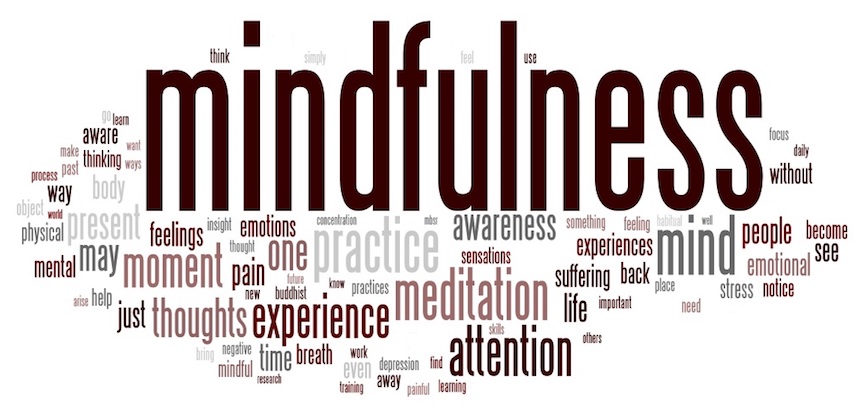

The demand for psychotherapy in primary healthcare is on the rise but individual-based CBT is costly. Mindfulness-based group therapy can be a viable alternative and has the potential to save limited resources.
“Our new research shows that mindfulness group therapy has the equivalent effect as individual CBT for a wide range of psychiatric symptoms that are common among this patient group,” said Jan Sundquist, director at the Center for Primary Care Research and lead author of the study. “We have shown in a previous study that mindfulness group therapy is just as effective as individual CBT for the treatment of typical depression and anxiety symptoms; something we also observed in the new study.”
The study included 215 patients, both male and female, between the ages of 20-64 diagnosed with depressive, anxiety and/or stress and adjustment disorders. The eight week randomized control trial took place in 2012 at sixteen primary care centers in southern Sweden. In the MGT and CBT groups, researchers evaluated a broad range of symptom scales including somatization, obsessive compulsive, depression, anxiety, hostility, phobic anxiety, paranoid ideation, and psychoticism using the Symptom Checklist-90 (SL-90), and mindfulness using the Mindful Attention Awareness Scale (MAAS) both at baseline and at the eighth week follow-up.
Results showed that scores decreased significantly for all subscales and indexes in SL-90, while MAAS scores increased significantly. There were no differences in the changes of psychiatric symptoms between the MGT and CBT groups. The MGT group had a slightly larger change in their MAAS scores than the CBT group. Researchers concluded that both types of therapies could be used in primary care patients diagnosed with depressive, anxiety and/or stress and adjustment disorders.
“As mental illnesses are increasing at a very fast rate it is absolutely essential to expand the treatment alternatives for this patient group in primary health care. Our view is that the scarce resources should be partly reallocated to mindfulness group therapy so that the limited availability of individual psychotherapy can be utilised in an optimal fashion,” Dr. Sundquist concluded.

